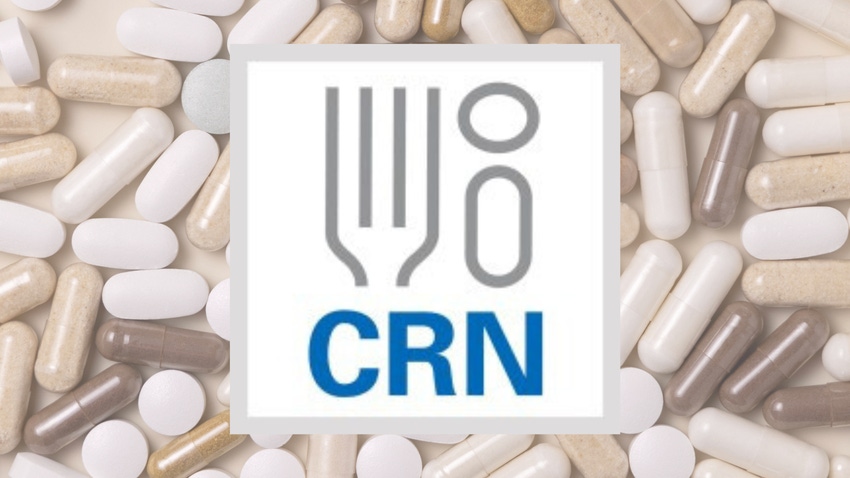
Looking for a drug to help with weight loss? A doctor’s prescription and a pharmacy visit will lead to options. Another route to support weight management—natural and organic dietary supplements—invites people to skip the physician, pharmacy and insurance co-pays altogether. Instead, shoppers snag what they want from a store shelf.
The first path, pharmaceuticals, is governed by extensive regulations and closely monitored by the Food and Drug Administration. Supplements, which the FDA considers a kind of food (rather than a drug or food additive), are subject to less oversight. But the FDA does fix regulatory scrutiny upon the supplements industry as well, thanks to the Dietary Supplement Health and Education Act of 1994 (DSHEA). It’s important that retailers understand DSHEA’s past, present and future to stay compliant with the regulations and aware of any potential changes that may come down the pike.
Over the years, the natural and organic dietary supplement industry has largely supported DSHEA. But as the market has expanded and evolved dramatically, and as e-commerce has introduced fresh challenges, many leaders are keen for a DSHEA refresh, or DSHEA 2.0. However, not all stakeholders agree how revised regulations might best serve consumers and the industry.
We chatted with Steve Mister, president and CEO of the Council for Responsible Nutrition, a leading industry trade association, about DSHEA’S parameters, the challenges facing it today and the potential solutions that CRN would like to see implemented.

Steve Mister, president and CEO, Council for Responsible Nutrition
How can retailers ensure that they are complying with DSHEA?
Steve Mister: Retailers need to make sure they are not making disease claims for products in the store, just like brands can’t make them on labels. Retailers need to abide by the same requirements that the brands do with labeling. You simply do not make disease claims.
Does this apply just to staff talking with shoppers in the supplement aisles? What about on retailers’ e-commerce sites?
SM: DSHEA was written before the internet, so it’s almost quaint. If you have studies that support health claims, and you have scientific research, the law talks about physical distance between the product and the study. Pre-internet, you go to the store and there might be a reading area detailing the benefits of ashwagandha. But [it] could not be within physical proximity of ashwagandha products. That worked then, but what happens if you are selling ashwagandha on a website? How does proximity figure into that? So maybe you can have a study up on a separate page—why shouldn’t you be able to have those on your website? It’s not just Amazon—it’s small stores with an online presence.
A principal goal of CRN’s DSHEA revision efforts is to address the drug preclusions issue. Could you explain what that is and why it’s important?
SM: Drug preclusion says if an article is already being sold as a drug, it can’t be sold as a supplement. It was created for a good reason: to provide consumers with access to products while ensuring companies are not selling them prescription drugs under the guise of supplements. But over the last 30 years, that balance has gone too far toward pharma. They’re saying because there was a study on an ingredient 20 years ago, you can’t use it in supplements.
Can you talk about “audit tourism”?
SM: Retailers should know if a manufacturer is good manufacturing practices (GMP) certified, but not every retailer should tell every vendor on the shelf that my auditor has to come visit you before we carry the product. This is happening. We call it “audit tourism,” a constant flow of auditors going through these supplement facilities. We are working with the Global Retailer and Manufacturing Alliance, which has developed standardized auditing schemes for GMP. Maybe you do it once a year. If you are putting products on the shelf that people will put in their bodies, you should make sure [they are] safe and made in a clean facility. But there are ways to do that without breaking the bank.
About the Author(s)
You May Also Like
.png?width=700&auto=webp&quality=80&disable=upscale)




